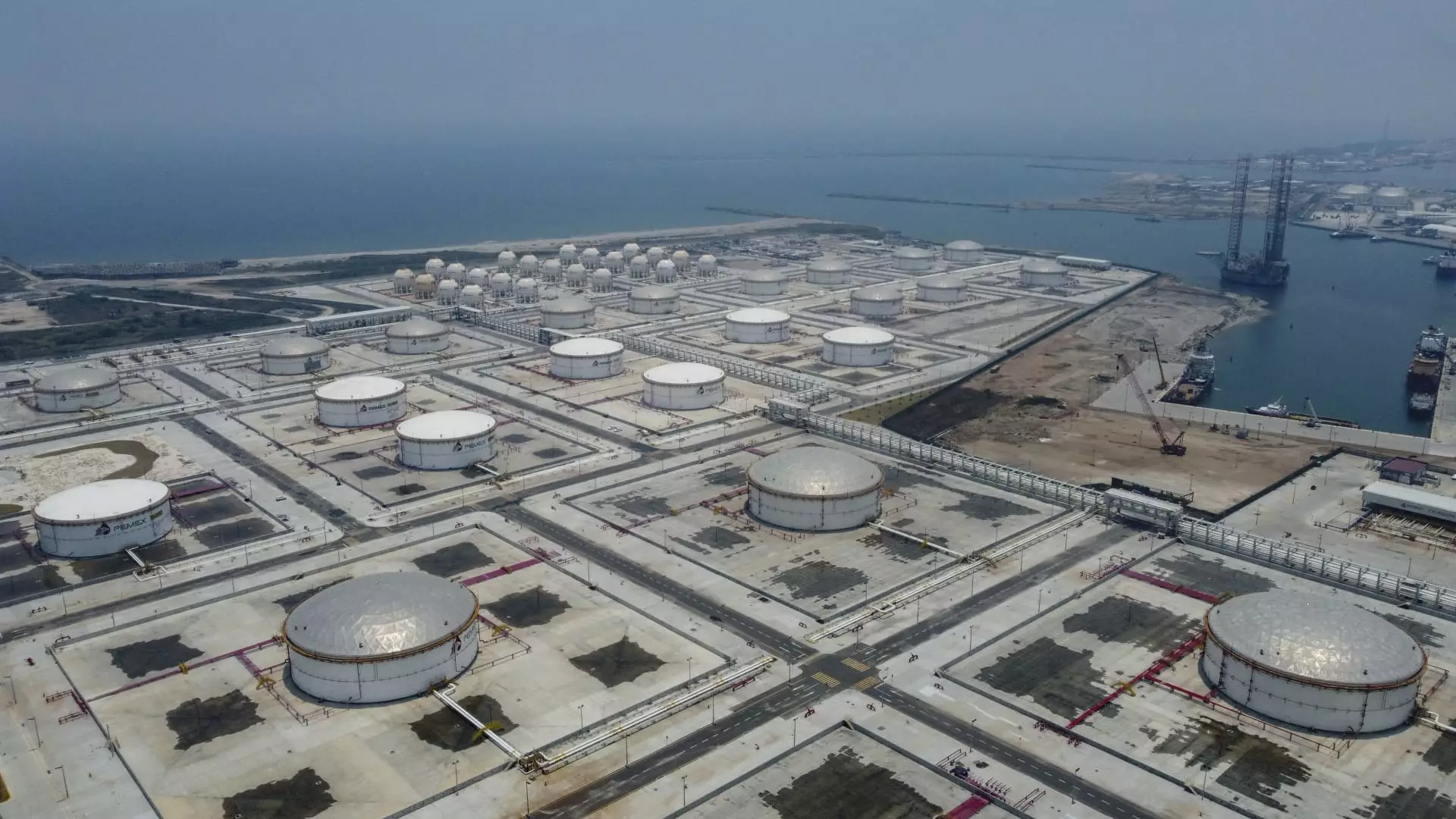The International Energy Agency (IEA) recently announced that a surge in global oil production, mainly led by the United States, is expected to exceed demand growth until the end of the decade. This oversupply of oil is predicted to result in unprecedented levels of spare capacity, potentially causing chaos in the OPEC+ market management. As per the IEA’s report, titled Oil 2024, oil demand growth is projected to slow down, eventually peaking at nearly 106 million barrels per day by 2030, from just over 102 million barrels per day in 2023. Conversely, total oil production capacity is anticipated to skyrocket to almost 114 million barrels per day by 2030, which is 8 million barrels per day higher than the projected global demand. This surplus production capacity would create levels of spare capacity never seen before except during the Covid-19 lockdowns in 2020. The IEA cautioned that these developments could have significant repercussions on the oil markets, particularly affecting the U.S. shale industry and oil-producing economies in OPEC and beyond.
According to the IEA, the growth in global oil demand is expected to slow down and reach its peak by 2030 due to various factors such as the deceleration of the pandemic rebound, advancements in clean energy transitions, and shifts in the structure of China’s economy. The IEA’s Executive Director, Fatih Birol, provided a stern warning to major oil companies, advising them to align their business strategies with the evolving landscape. The report underscores the need for oil companies to adapt to the changing market dynamics and ensure their business plans are in line with the emerging supply surplus in the oil sector.
The world is currently witnessing a global shift away from fossil fuels towards cleaner and energy-efficient technologies. The burning of fossil fuels, including coal, oil, and gas, has been identified as a primary driver of the climate crisis. The IEA notes that although fossil fuels have dominated around 80% of the global energy supply for decades, this share is expected to decrease to approximately 73% by 2030. With momentum building behind clean and energy-saving technologies, it is imperative for countries and companies to accelerate the transition towards cleaner energy sources to combat climate change effectively.
Despite the projected slowdown in oil demand growth, the IEA highlights that without significant policy interventions or behavioral changes, crude oil demand is still projected to increase by approximately 3.2 million barrels per day by 2030 compared to 2023. This growth is primarily being driven by robust demand from rapidly developing economies in Asia, as well as the aviation and petrochemical sectors. On the other hand, oil demand in advanced economies is expected to decline to less than 43 million barrels per day by 2030 from nearly 46 million barrels per day in the previous year. The IEA pointed out that the last time oil demand from advanced economies was at such levels was back in 1991.
In a groundbreaking report released in 2021, the IEA emphasized the importance of avoiding new developments in oil, gas, or coal if the world aims to achieve net-zero emissions by 2050. The IEA also stressed the significance of sustainable energy policies and technological innovations to accelerate the transition towards cleaner energy sources. OPEC+, led by Saudi Arabia, is a crucial energy alliance comprising OPEC and non-OPEC partners that plays a vital role in global energy markets and policy decisions.
The future of global oil production is at a critical juncture, with a surplus in production capacity posing challenges for oil markets worldwide. To navigate this shifting landscape successfully, it is essential for oil companies, policymakers, and energy stakeholders to embrace sustainable energy practices, adapt to changing market dynamics, and prioritize investments in clean energy technologies. Only by working together can we build a more resilient and sustainable energy future for generations to come.



Leave a Reply